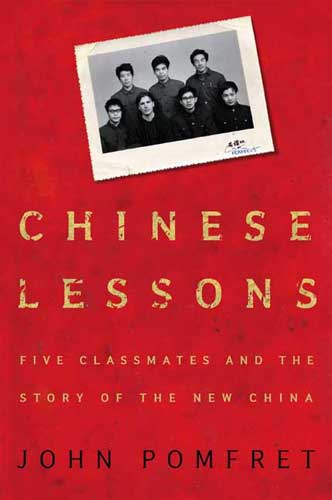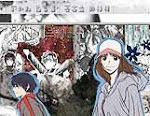Book Analysis: Conversations Between Us
Author: SolangelGenres: Romance, Drama,
Rating: 10/10
April loves Black Coffee.
Many people do not understand the significance of this phrase – the depth, the heart and the love imbedded, inscribed in this simple statement remains irrelevant to the mass. But the ones that do understand simultaneously smile and cry for the love we all begged to have ended in a happy ending.
The rawness of love in this story is overwhelming, April really did love Black Coffee and he reciprocated this love perfectly. It makes one believe that in this world of contempt, conflict and pain, we do find happiness in the darkest corners of our lives. The power of love demonstrated in this simple fiction floods my heart with the hope that it does conquer all? But beyond this clear-cut message of the power and authenticity of love, could there be a hidden message we choose to decline, could this imaginative narrative actually be undermining the hope of love and its absolute existence?
May Lee and Yoon Jaewoon struggle to be together, despite the strength and the perfection that is their relationship; they barely celebrate their love. They were caught and ripped apart by the looming reality of human nature. The deception rooted in the foundation of their relationship questions its own validity. Can true love really emerge and blossom from a lie?
It’s arguably a matter of ones perspective, and this is where a distinct line is drawn between pessimists and optimists. The difference between both suddenly becomes very clear; some people believe whilst others have lost the patience to.
Yoon Jaewon and May Lee didn’t have an intertwined fate, their entanglement wasn’t caused by the power of love, but ironically by the vulgarity of human nature; it was indeed all a game to begin with and this was admitted – accepted by both. Should you then accept that this was real regardless of such mocking beginnings? Perhaps optimists would still believe, but it can’t be wrong for pessimists to claim they have been proven right, that the purity of love, in which its power emerges, does not exist. The mere fact that this narrative only ends with misery and pain undermines love’s existence. Happiness cannot ultimately be achieved with love.
But seeking perfection, a clear picture without mistakes, is tedious. And perhaps that is why pessimists are tedious. Their endless search for the negatives, so that they can reproduce the picture and point out the mistakes, seems tiring. Therefore they may state that this story undermines love’s existence, but love itself ridicules theirs. It’s amusing how pessimists tend to sit at a corner refusing happiness just because it doesn’t last, whilst love runs free and savours the glimpses of happiness presented to them. After all, you can only take what you can get.
Yoon Jaewon and May Lee may have been fooled to think that what they had was real or lasting, but regardless of such, they experienced happiness, no matter how fleeting. No one can really put forward an argument against this because it’s a state of being, not a way of living. The tragedy of this story does not therefore lie in the death of Yoon Jaewon, but rather in our own personal longing; deep down when we sit there crying for May’s loss, we also cry for ourselves. No matter how fleeting happiness is, we seek for its magic, and we can only dwell on such a story that gave us a glimpse of what it would feel like.
Therefore the only ones fooled are those that choose to decline the basics of this story. To dig deep into a novel, with only seeking for the flaws must be a crime; what is the point thereafter of anything else in life if all you want to see are the mistakes. Nothing in this world is perfect and that is true; therefore the love between April and Black Coffee must be true for it wasn’t at all perfect. Everything about it was flawed, but one thing was for certain, and that is the happiness they felt with each other – that is something we neither can judge nor question; we can only believe, or quite tragically, not believe.
To those that narrow their eyes at this story’s authenticity and the love between April and Black Coffee, you might perhaps want to open them a little wider; just enough to see the clearer picture of two people in love, point blank. It’s a waste of energy trying to see the hidden messages because love itself is too simple for that, it’s just us that manages to complicate it.
So April loves Black Coffee.
It will always be as simple as that.
---
This is an analysis of an internet novel called Conversations Between Us written by Solangel. It is posted on a forum called Soomp!
By: Arty
You can find this here!










